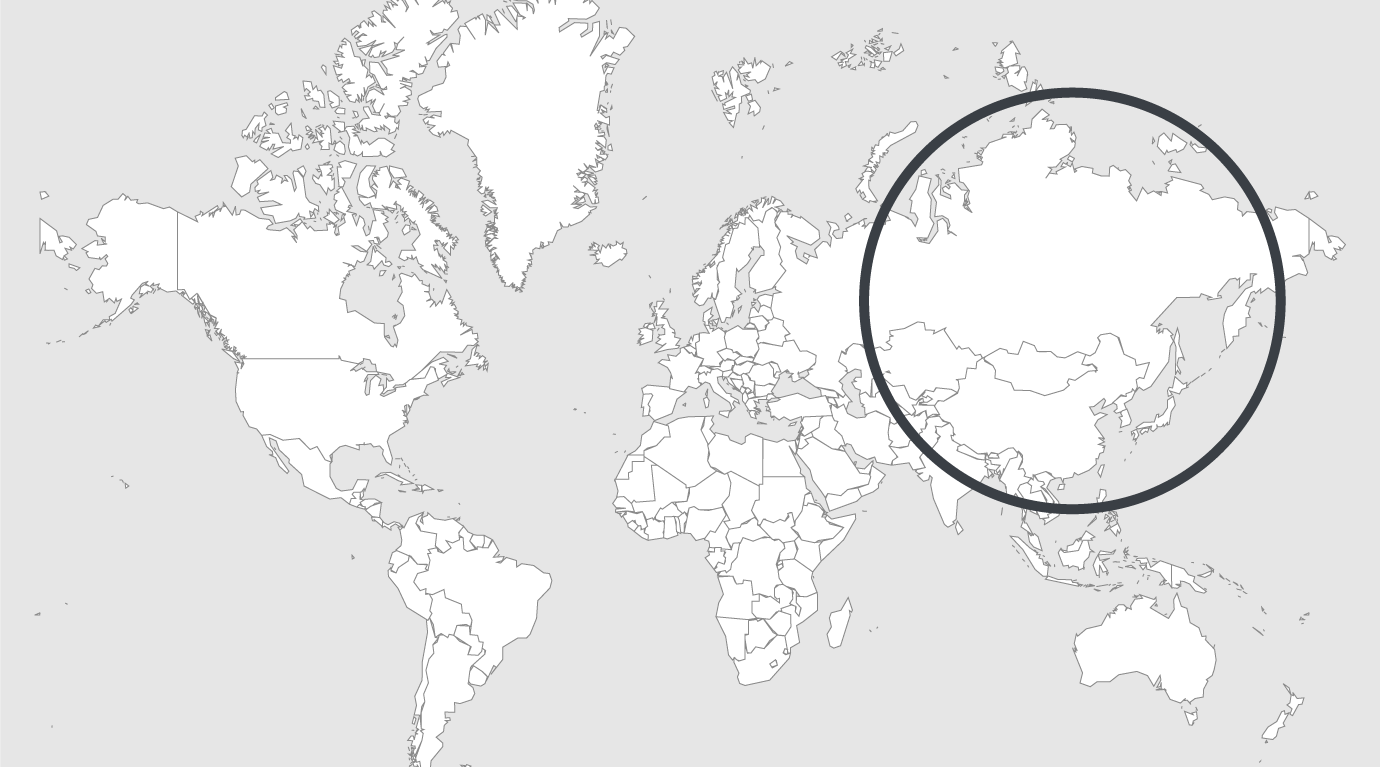
Explore
Taiwan: team helps Nauruan prison to make own food
A Taiwanese technical mission to the Pacific island nation of Nauru is helping a penal facility improve food self-reliance and is teaching inmates skills they can use after their release, the team said yesterday.
“The project, with the goal of minimizing waste, officially started in January, with a poultry and pig farm to be completed in August,” mission head Daniel Lee (李宜龍) said.
This month, the team is to start building capacity for planting crops, raising livestock, making fertilizer and teaching cooking, Lee said, adding that they would transfer the farm to the Nauruan government at the end of this year or early next year.
Nauru is one of Taiwan’s 15 diplomatic allies.
The pilot penal farm in the nation’s “Topside” area was initiated by Nauruan President Lionel Aingimea with the International Cooperation and Development Fund, which organized the mission, a statement from the fund said.
Aingimea last year requested assistance to start the project through Taiwan Ambassador Dean Wang (王海龍), with the prison seeking to achieve 80 percent food self-sufficiency, as all of its food is imported, the fund said.
Mission horticultural specialist Jo Chan (詹若謙) said that contrary to public perception, it is not dangerous working with inmates because participants are selected based on their good behavior.
“In addition, guards are always on site to monitor the situation,” he added.
Chan said that there were some initial concerns, “but after interacting [with the inmates], we found them to be very friendly and cordial. Perhaps it was because they knew we were there to help them.”
Chan said that he had asked the inmates what crop they would like to learn to grow, and one said mango trees.
“‘It takes three to four years for a mango tree to bear fruit. Do you want to stay in prison that long?’ I said in jest, as the inmate shook his head wildly to the laughter of everyone in the farm,” Chan said.
One of the most difficult situations for the team was digging irrigation channels, as the farm is located on top of bedrock, but the inmates did not complain, despite the blisters and calluses on their hands, he said.
Another challenge was the extreme heat, he said.
It affected the growth of crops, but the team solved that by building shading nets to reduce the plants’ exposure to direct sunlight, Chan said.
The farm has started to supply produce, including eggs and corn, to local schools and a dialysis center, the team said.
Team members have focused on problem solving and looking for innovative ways to increase efficiency, livestock specialist Pedro He (何祈龍) said.
The technical mission would teach the inmates how to prepare nutritious and balanced meals, including Taiwanese dishes, after more crops and vegetables are harvested, along with hogs and chickens, nutrition specialist James Yu (余紹全) said.
